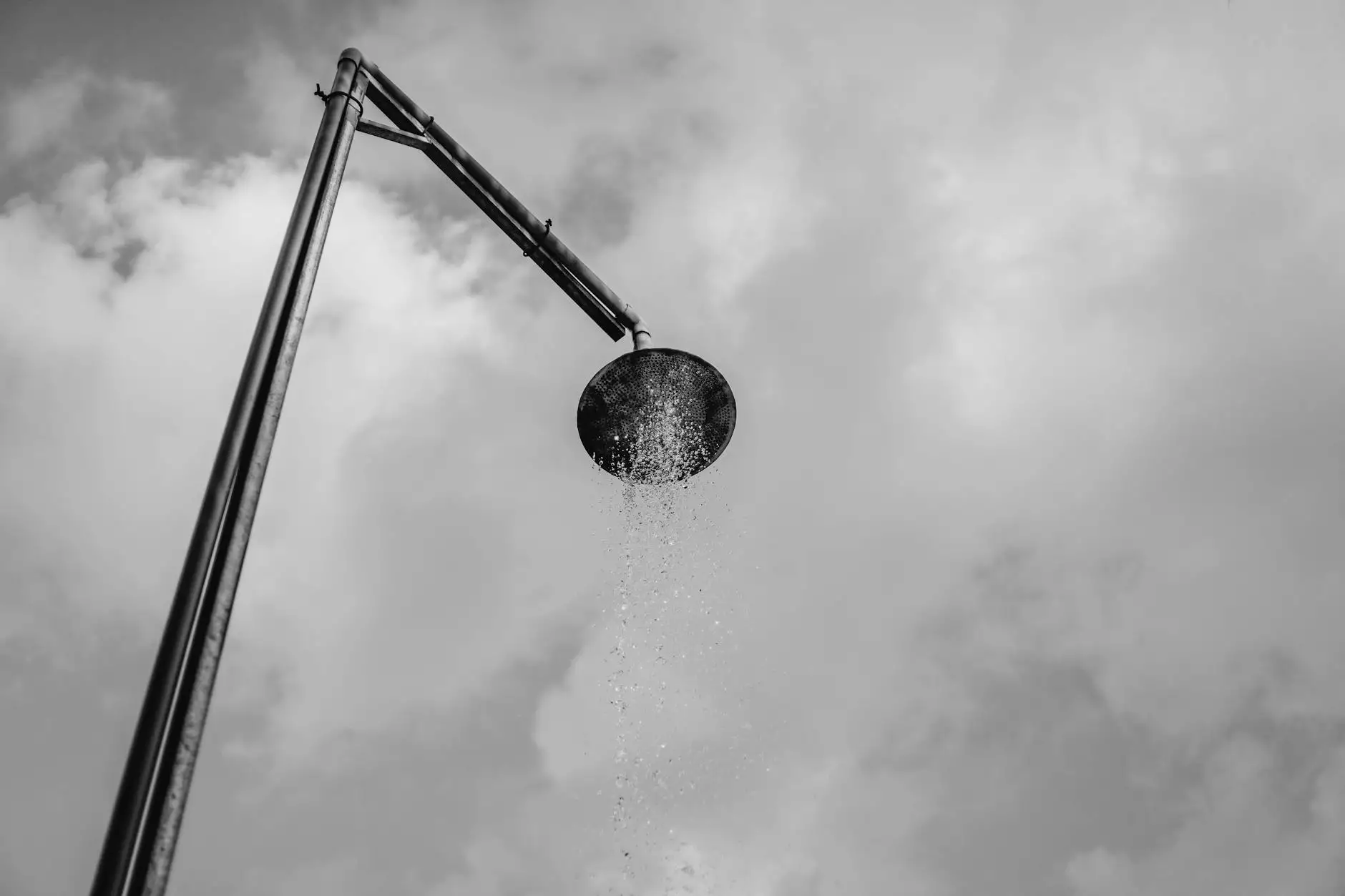Revolutionizing Packaging Efficiency with Glue Labelers
In the contemporary marketplace, efficiency and precision are paramount in packaging operations. Businesses are continuously looking for innovative solutions to enhance productivity while minimizing costs. One such solution redefining the landscape is the glue labeler. This advanced equipment not only streamlines the packaging process but also adds a layer of sophistication to product presentation. In this extensive article, we will delve into the mechanics, benefits, and best practices surrounding glue labelers, particularly focusing on their vital role within the packaging industry.
Understanding Glue Labelers
A glue labeler is a sophisticated machine designed to apply labels to products using adhesive glue. Unlike traditional labelers that may rely on pressure-sensitive adhesives, glue labelers utilize liquid adhesive to bond labels securely to their containers. This method is particularly effective for various shapes and sizes of products, making it a versatile choice for manufacturers.
Key Features of Glue Labelers
When selecting a glue labeler for your business, it’s crucial to understand its features. Here are several attributes that stand out:
- Precision Application: Glue labelers are designed for accuracy, ensuring that each label is placed correctly, minimizing wastage.
- Versatile Compatibility: These machines can effectively label a variety of surfaces, including glass, plastic, and metal.
- High-Speed Operation: Glue labelers can apply labels quickly, which is essential for high-volume production lines.
- Easy Adjustment: Many models feature adjustable settings that allow operators to swiftly switch between different types of labels and products.
- Durable Build: Designed for continuous use, glue labelers are made from robust materials to withstand various production environments.
Benefits of Using Glue Labelers
Incorporating glue labelers into your packaging line can yield numerous benefits that can significantly impact your operational efficiency and product presentation. Here’s how:
1. Enhanced Adhesive Strength
One of the primary advantages of using a glue labeler is the superior adhesive strength it offers. Unlike pressure-sensitive labels that can peel off over time, glue-applied labels adhere strongly to containers, ensuring they remain in place even during transportation or storage.
2. Cost Efficiency
Glue labelers can help reduce operational costs. By minimizing label wastage and eliminating the need for expensive high-quality adhesive labels, companies can save significantly. Moreover, the efficient operation of glue labelers reduces the overall time taken in the labeling process.
3. Aesthetic Appeal
In a market where presentation is key, glue labelers provide a neat and professional finish. The application of glue allows for labels to conform closely to the product's surface without bubbles or wrinkling, enhancing the overall aesthetic appeal.
4. Environmental Considerations
Glue labeling systems often utilize eco-friendly adhesives, which align with the increasing demand for sustainable packaging solutions. Manufacturers focused on reducing their carbon footprint find glue labelers to be a smart choice in this respect.
Applications of Glue Labelers in Various Industries
The versatility of glue labelers makes them suitable for a wide range of industries. Here are some prominent applications:
1. Food and Beverage
In the food and beverage sector, glue labelers are widely employed to label products such as jars, bottles, and cartons. The strong adhesion properties ensure that labels remain intact throughout the supply chain, maintaining the brand's reputation and providing essential product information.
2. Cosmetics and Personal Care
Cosmetic products often come in various shapes and sizes. Glue labelers adapt easily, ensuring that every product is labeled accurately without damaging the product. The aesthetic finish adds to the appeal of the packaging, crucial in the beauty industry.
3. Pharmaceuticals
In pharmaceutical packaging, accuracy is critical. Glue labelers ensure that compliance labels are affixed correctly, providing essential information about usage, dosage, and expiration dates, while maintaining a professional appearance.
4. Chemical and Industrial
For chemical products, the durability of the label is non-negotiable. Glue labelers provide robust labeling solutions that resist wear and tear, even in challenging environments.
Choosing the Right Glue Labeler for Your Business
Selecting the right glue labeler is a critical decision that can impact your packaging efficiency. Consider the following factors when making your choice:
1. Production Volume
Assess your production needs. For high-volume lines, a high-speed glue labeler will be necessary to keep up with demand, whereas smaller operations may benefit from more compact models.
2. Label Size and Type
Different glue labelers can handle various label sizes and types. Ensure that the model you choose is compatible with your labeling materials.
3. Budget Considerations
Glue labelers come in a wide range of price points. It’s essential to find a model that fits your budget while still meeting your operational needs. Consider both the initial investment and the long-term savings through efficiency.
4. Maintenance and Support
Look for glue labelers that are easy to maintain. Additionally, consider the manufacturer's support offerings, such as warranties and service agreements.
Best Practices for Using Glue Labelers
- Regular Maintenance: Schedule regular maintenance checks to keep the equipment functioning optimally.
- Train Your Staff: Provide comprehensive training for workers operating the glue labeler to ensure safe and effective use.
- Monitor Adhesive Quality: Regularly check the quality of your adhesive to prevent any labeling issues and ensure consistent performance.
- Conduct Testing: Run trials to ascertain the best settings for your specific products and labels.
Future Trends in Glue Labeling Technology
The glue labeling industry is continuously evolving, with technology playing a significant role in shaping future trends. Here are some areas to watch:
1. Automation and Industry 4.0
With the rise of automation and Industry 4.0, glue labelers are becoming integrated with smart technologies. This innovation enables real-time monitoring, predictive maintenance, and enhanced control over the labeling process.
2. Eco-Friendly Practices
As sustainability becomes a priority, glue labeler manufacturers are focusing on creating models that utilize less power and incorporate recyclable or biodegradable adhesives. Businesses adopting these new solutions will likely gain a competitive edge.
3. Customization
The trend of personalization is set to grow, with glue labelers evolving to offer customizable labeling solutions that cater to unique branding needs. This customization can enhance the overall consumer experience.
Conclusion
Investing in a high-quality glue labeler can significantly improve your packaging process, yielding benefits ranging from enhanced efficiency to sustainable practices. The superior adhesion provided by glue labelers, coupled with their versatility across various industries, makes them essential equipment for businesses aiming to streamline their operations. By understanding the features, benefits, and best practices associated with glue labelers, companies can make informed decisions that ultimately boost their productivity and market appeal. Explore the innovative glue labeling solutions offered by ShineBen and take the first step toward transforming your packaging line today!


